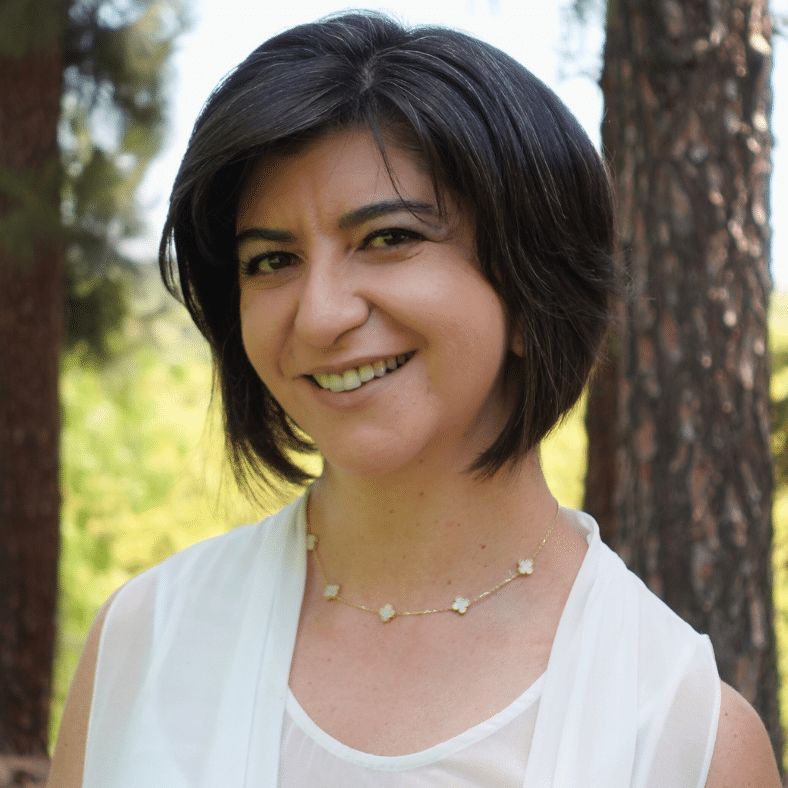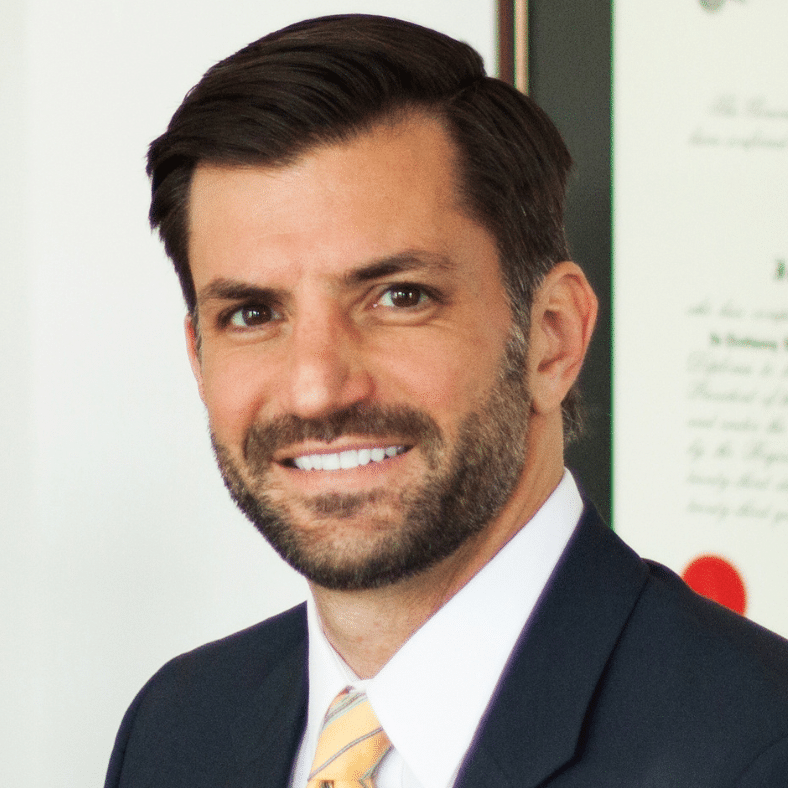Complex PTSD Trauma Treatment in Los Angeles
Most people have heard about PTSD, but did you know a person can have complex PTSD (CPTSD)? If you have suffered from more than one traumatic event, you may have developed this challenging mental health disorder. The Meadowglade helps people with CPTSD address their memories and emotions and minimize their symptoms to help them feel better.
Contact us today to begin therapy and find your path to recovery.
Call Us Now!
The Meadowglade offers help that gets to the heart of a person’s issues. We provide a warm and nurturing environment for people to process their experiences and learn to feel loved and safe again. We provide residential and outpatient programs to meet the needs of everyone who has been through traumatic events and needs help moving past them.
Learn more about our Los Angeles Mental Health Programs or call us at 888-272-2062.
What is Complex PTSD?
Complex PTSD (CPTSD) can happen to people who have experienced more than one traumatic event.
The difference between CPTSD and post-traumatic stress disorder (PTSD) is the number of times a person has gone through trauma. CPTSD causes a person to have difficult and painful emotional and behavioral symptoms and requires attending a licensed treatment program to help them overcome their disorder.
Approximately 4% of adults have had CPTSD each year. When a person has an early life traumatic experience that goes untreated, they are almost twice as likely to end up with depression at age 21.
What Causes Complex PTSD?
Complex PTSD can result after experiencing one or more of the following types of traumatic events:
- Sexual assault
- Physical assault
- Childhood molestation
- Bullying
- Community unrest, such as riots or neighborhood violence
- Childhood neglect
- Acts of nature, such as hurricanes, fires, flooding, and more
- Long-term illness or serious accident
- Human trafficking
- Military acts, including in warzones
- Witnessing other people experience trauma
Signs and Symptoms of Complex PTSD
When someone experiences CPTSD, they will have signs and symptoms indicating they need to attend complex PTSD trauma treatment.
Signs and symptoms include:
- Disturbed sleep patterns
- Changes in weight or appetite
- Moodiness
- Anxiety
- Depression
- Flashbacks
- Isolating
- Difficulty performing well at work or in school
- Trouble connecting with others and maintaining relationships
- Memory loss
- Easily startled
- Hypervigilance
For more: 17 Symptoms of Complex PTSD
Los Angeles Mental Health Programs for Complex PTSD
Our treatment for complex PTSD can be done on several levels of care. They include:
- Residential: A program for people with severe symptoms who need round-the-clock care in a beautiful and comfortable homelike setting.
- Partial Hospitalization Program: Therapy sessions take place several hours a day on Monday through Friday.
- Intensive Outpatient Program: Therapy sessions take place for a few hours per day over three to five days each week.
- Outpatient Program: Therapy sessions take place once or twice per week.
- Young Adult: A program for young adults experiencing mental health disorders.
You Are Not Alone. You Deserve To Get Help.
The Meadowglade is an industry leader in mental health treatment. Our team of top medical experts specialize in dual diagnosis treatment and are committed to ensuring that each patient is treated as an individual. Call us today, we’re available 24/7.
When is it Time to Seek Treatment for CPTSD?
CPTSD takes over a person’s life, but they can become accustomed to their pain and fear and do not understand that they need professional treatment. If a person’s overall quality of life has become compromised because of untreated CPTSD, it’s time to seek treatment. This includes feeling overwhelmed, lost, and fearful.
The right treatment program helps people address and minimize their symptoms so they can learn to feel calm and live without fear again.
How is CPTSD Treated?
Treatment for CPTSD works best when the person has access to multiple types of therapies.
We offer the following therapies:
- Individual Therapy
- Group Therapy
- Cognitive Behavioral Therapy
- Dialectical Behavioral Therapy
- Education & Career Counseling
- Equine Therapy
- Family Therapy
- Holistic Therapy
- Psychiatry + Medication Management
- EMDR Therapy
- Stress Reduction Therapy
We also provide access to a variety of prescription medications that can help ease symptoms such as anxiety and depression.
Why The Meadowglade?
Any facility can promise to treat mental health disorders like complex PTSD, but that doesn’t mean they match the services we provide.
The Meadowglade believes in getting to know each person we treat so we understand what they’ve been through and how to customize a treatment program that meets their needs. Our team of compassionate mental health experts uses their skills and experience to help people develop their inner strength and leave the damage done by CPTSD in the past.
Begin Complex PTSD Trauma Treatment
Have you been through more than one traumatic event, and has it resulted in tremendous emotional pain and placed limits on your life? The Meadowglade understands the challenges you face and has created a highly effective and nurturing program to help you achieve the life you deserve. Our complex PTSD trauma treatment walks you through different kinds of therapy that help you process your experiences and disarm the damage they have done to you.
Contact us now to find out more about how our program works. You are a good and worthy person who deserves comprehensive care to help you move forward with your life.
Frequently Asked Questions About CPTSD
Is Complex PTSD a Disability?
How to Support a Loved One Who May Be Suffering From CPTSD
What is The Best Medication for CPTSD?
Is CPTSD Treatment Effective?
Our Mental Health Specialists
At The Meadowglade, our team of compassionate and experienced mental health professionals is dedicated to providing comprehensive mental health treatment in Los Angeles. Our multidisciplinary team works collaboratively to offer personalized care tailored to each individual’s needs.

Narine Babikian, MHA

Joseph Gulino, MD

Yj Kim, MD
Mental Health Programs
Take A Free Self-Quiz

Yj Kim, MD
Psychiatrist

Haroon Burhanullah, MD
Psychiatrist

Narine Babikian, MHA
Executive Director








